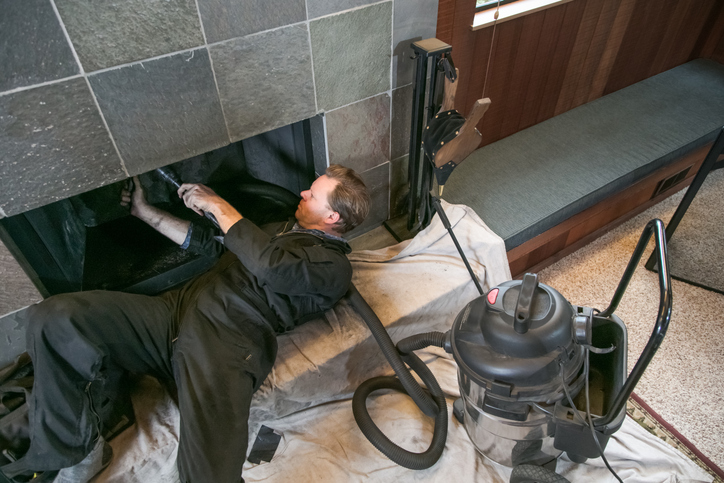Is your handyperson an employee or an independent contractor?
If a property manager hires a handyman to help maintain their properties, is the handyman considered an independent contractor or an employee?
In Pennsylvania, the legislature passed the Construction Worker Misclassification Act. Under this act, “construction” is defined broadly to include assembling and repair work done on any real property or premises. This definition is broad enough to include work done by handymen on rental property. In fact, Pennsylvania workers’ compensation judges have applied the act in the case of handymen who maintain rental properties.
The act specifies that an individual who performs services in the “construction industry” is an independent contractor only if three elements are met. The first element is that there must be a written contract to perform such services. The property manager and handyperson should develop a contract that sets forth the understanding that the handyperson is working as an independent contractor and has no reasonable expectation to receive workers’ compensation insurance.
The second element is that the individual must be free from control or direction over the performance of such services both under the contract of service and in fact. This means that the property manager must give the handyperson freedom to perform the task pursuant to the contract. The handyperson should have the ability to come and go when he pleases in order to complete the job as long as the work is completed as contracted.
The handyperson should also be free to choose what tools to use to implement the job and the order in which the job is completed. If you are on the jobsite with your handyperson, and actively tell the handyperson what to do, you run the risk of being found to control the handyperson.
The third element is that the handyperson must be customarily engaged in an independently established trade, occupation, profession, or business. To be engaged in a separate business means that, in order to be considered an independent contractor, the handyperson must possess the essential tools and equipment necessary to complete the job, realize a profit or loss from the service, perform the service through a business, maintain a separate business location, previously engaged in similar services while free from direction or control and maintain their own liability insurance of at least $50,000.
Depending on how frequently you use the handyperson to service your property, the third element, namely that the handyperson maintains his own separate business, may be hard to prove. If you have a handyperson that you pay an hourly rate on a weekly basis, be sure that you speak with your attorney and formulate a clear contract that specifies that the handyperson is an independent contractor rather than an employee. As part of the contract, you should include a clause that requires the handyperson to carry liability insurance of at least $50,000, and attach a proof of insurance to the contract. Maintaining a clear contractual relationship is the best way to avoid liability if or when your handyperson is injured on the job.
Topics
Share this post
Member Discussion
Recent Articles
-
Seller Disclosures Unmasked: The Spooky Truth Behind What You Need to Share
- October 25, 2024
- 4 min. read
Seller’s Disclosure Law is all about making sure no one gets tricked by unexpected “treats” in their new home. However, there are several instances where a seller does not have to disclose certain information.
-
Nearly 70% of Homeowners Feel Secondhand Embarrassed by Neighboring Yards
- October 24, 2024
- 2 min. read
A large majority of homeowners expressed negative feelings toward their neighbors’ home upkeep and yard maintenance habits.
-
Winter Maintenance: Chimney and Heating Tips
- October 23, 2024
- 3 min. read
Experts share their insights and advice for the maintenance of chimneys and HVAC systems.
Daily Emails
You’ll be the first to know about real estate trends and various legal happenings. Stay up-to-date by subscribing to JustListed.



